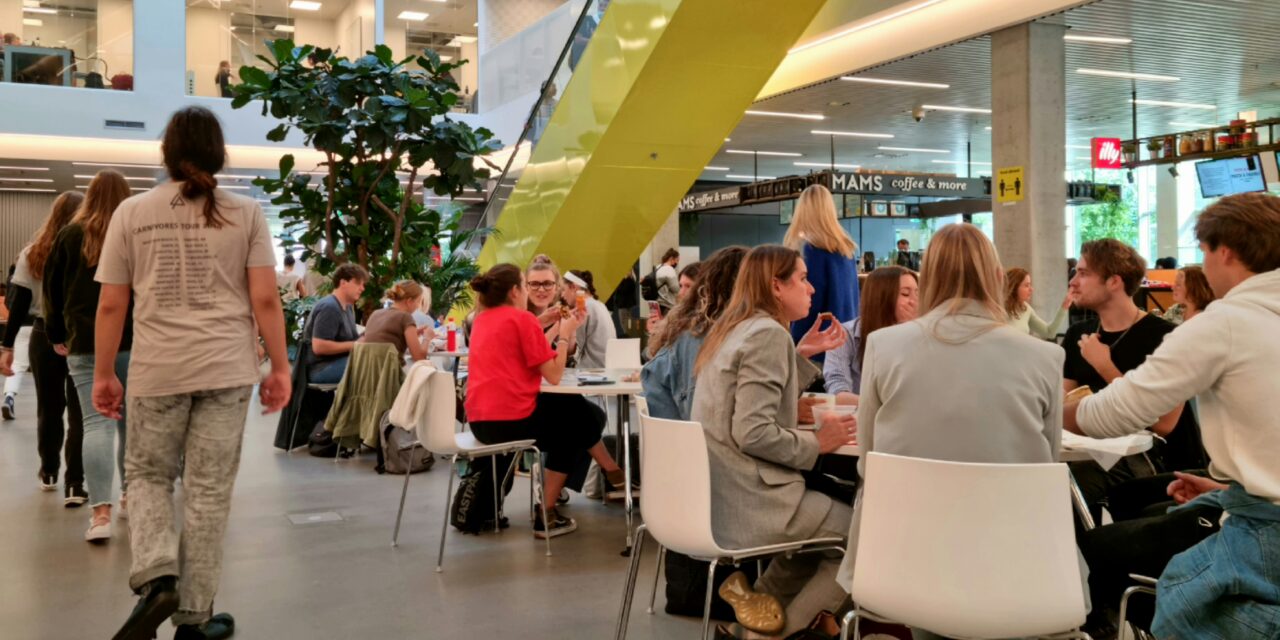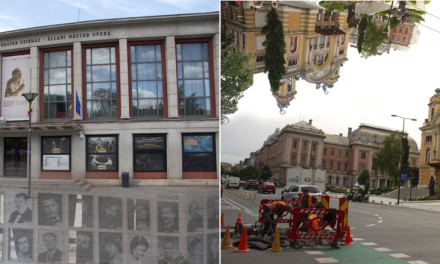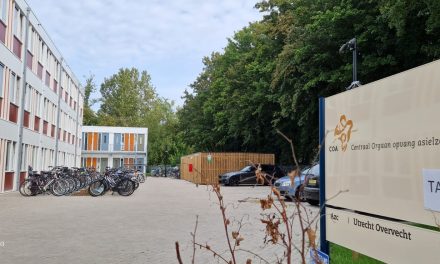Universities in the United Kingdom are not just known for being amongst the strongest in Europe, but also for being ‘global universities’, welcoming thousands of international students every year. Or at least, it used to be like that before Brexit.
Before Brexit, British universities used to receive thousands of EU students every year.
(Photo by Joao Thomaszeck at Southampton Solent University)
A study from HESA revealed that during the academic year of 2019/2020, more than one hundred and five thousand EU students called the UK their home, but this number tends to become smaller and smaller in the following years. Before Brexit came to reality, EU citizens were entitled to apply to the EU Student Finance Scheme, which would allow them to study in British universities without having to — at least during their time in higher education– worry about tuition fees.
Dark times ahead?
Now having to pay the fees themselves, it is very unlikely that a similar number of students will choose the United Kingdom as their academic destination.
Dr Thomas Risse, Professor of Political Science at the Freie Universität Berlin, argues that there is no beneficiary in this whole situation: “Both sides are losing. Brexit is a catastrophe for the European Research Area as well as for student mobility.”
“While we will certainly find ways around Brexit (e.g., “Oxford in Berlin”), it does make academic and student exchanges much more complicated.”
A possible solution for this ‘catastrophe’ would be a reapproach between the UK and the EU, at a minimum, regarding academic matters. Would the adoption of mutual cooperation programs be a possibility in the future?
Also on this, Dr Risse remains pessimistic: “I would sure hope so, but things do not look good at the moment, given the mutual recriminations and the ill will on either side.”
More students and the problems it brings
A consequence of Brexit could be the increasingly higher numbers of students applying to European universities, leading to shortages of student housing, for example. This phenomenon can already be observed in some universities across the continent, especially in those places with a pre-existing housing problem, like Utrecht, in the Netherlands.
Though this situation is very novel and the actual numbers of new international students are yet to be known, there has been already some reports pointing out this tendency.
HU University of Applied Sciences Utrecht stated that are expecting “to receive a lot more international students compared to previous years. Making it extremely difficult to find accommodation without the university’s support.”
The growing number of students may impose a challenge to HU facilities.
(Photo by Joao Thomaszeck)
The University of Gothenburg also reported a growth in the number of internationals, but noted the lack of statistics to explain this fact.
The University of Utrecht went a step further and stated: “The growth continues, more students will come.” According to UU’s International Office, 12% of their students come from outside of the Netherlands. Even though the situation in Utrecht is not as alarming as in Groningen for example — where one in three students is international–, it already puts the local housing market under huge pressure. Due to this scenario, the UU, alongside with student housing companies, plans to more than double the number of beds available at their campus in the coming years.
In sum, we are still living the aftermath of Brexit and many of its consequences are yet to be discovered, but the prognosis regarding Education and Research are not positive at all. Without cooperation from both sides, issues like international students overloading EU universities might be only the tip of the ‘post-Brexit’ iceberg.






